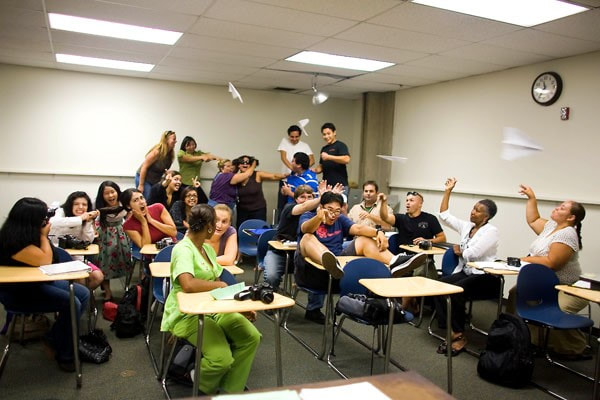Return to Education Newsletter main page! |
Misbehaving, or Misunderstood?
|
- Home
- WHO WE ARE
-
WHAT WE DO
- PODCAST
- Conference >
- Education >
-
CULTURE
>
- Culture Overview
- Cultural Programming >
-
History
>
-
Encyclopedia of Southern Jewish Communities
>
- Alabama Encyclopedia
- Arkansas Encyclopedia
- Georgia Encyclopedia
- Florida Encyclopedia
- Kentucky Encyclopedia
- Louisiana Encyclopedia
- Mississippi Encyclopedia
- North Carolina Encyclopedia
- Oklahoma Encyclopedia
- South Carolina Encyclopedia
- Tennessee Encyclopedia
- Texas Encyclopedia
- Virginia Encyclopedia
- Encyclopedia Credits
- Oral History
-
Encyclopedia of Southern Jewish Communities
>
- SPIRITUALITY >
- DONATE
- Shalom Y'all
- Strategic Plan
- Southern & Jewish Blog
- Calendar
- Virtual Press Kit
|
©2024 Goldring/Woldenberg Institute of Southern Jewish Life
|

